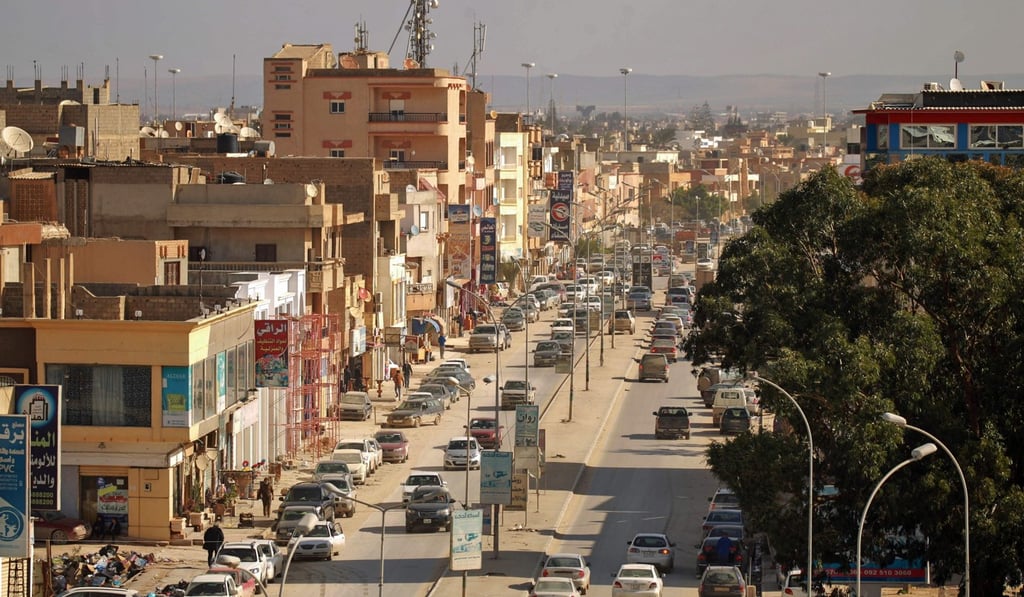Asian Angle | Here’s the real reason China isn’t taking sides in Libya
- China’s ‘balanced vagueness’ places bets on both sides
- If the Libyan government wins, the belt and road plan will get a boost. If the Libyan army wins, PetroChina gets one instead

At a recent joint press conference in Cairo with his Egyptian counterpart, Chinese Foreign Minister Wang Yi opposed military intervention in Libya, saying it would only aggravate conflicts and intensify confrontations.
Despite his call, however, a German-brokered ceasefire collapsed over the weekend, and the United Nations has reported that arms shipments from foreign powers have resumed. It is easy to see why China has viewed the Libyan crisis with increasing alarm recently: renewed fighting is a bad omen for the country’s growing economic footprint in the region.
But China’s call for UN-led negotiations and support for a broader political dialogue should not be read as sterile propaganda. China has the means to affect the situation in Libya – via a diplomatic effort twinned with its economic power.
Beijing has grown increasingly anxious about the situation in the region since 2011, when the Arab spring sowed the seeds of chaos in Libya and elsewhere. Porous borders, fluid transnational criminality and growing terrorist networks in the Middle East and North Africa (MENA) region are a grave threat to the development of its Belt and Road Initiative there.
Libya presents a particular challenge. Chinese oil interests there have been under threat since the collapse of Muammar Gaddafi’s regime, with the state-led energy company CNPC coming under direct attack. The sudden evacuation from Libya of more than 36,000 Chinese nationals at the beginning of 2011 offered a sharp lesson to Beijing: its principle of political non-interference was no shield against bullets from local militias. Worse, its decades of economic cooperation with the Gaddafi regime was seen as a negative by National Transition Council (NTC), which officially stated that nations which supported the dictator would be at a disadvantage in the “new” Libya.

To avoid committing the same mistake twice, China maintained a balanced vagueness in dealing with the evolving Libyan crisis. Even though most international actors have taken sides between the Libyan Government of National Accord (GNA) and the Libyan National Army (LNA), Beijing has maintained a balanced stance. The contemporary Chinese policy of non-alignment differs from its previous stance of non-interference. On the surface, both call for a multilateral solution to the Libyan crisis. Despite the fact that the language used was similar, Beijing now makes no effort to prop up one side or the other. Instead, it is engaging with the two warring parties. In effect, it has placed bets on both sides.
In the event Prime Minister Fayez al-Sarraj is victorious, China will benefit from being aligned with the UN’s support for the GNA and from Sarraj’s decision to have Libya join the belt and road. But in case Field Marshal Khalifa Haftar’s LNA prevails because of its military advantage, CNPC’s PetroChina can count on its ongoing cooperation with Libya’s National Oil Corporation, since the bulk of the country’s oilfields sit in territory controlled by the LNA.

